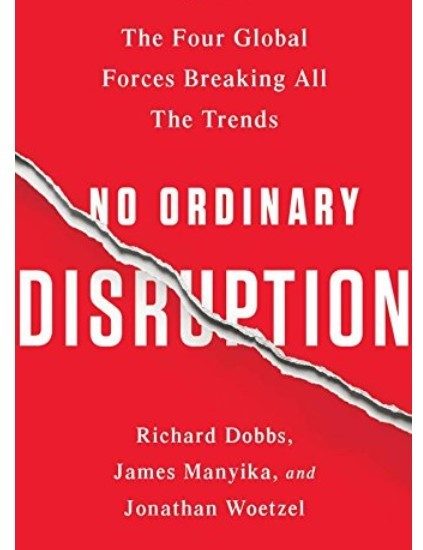

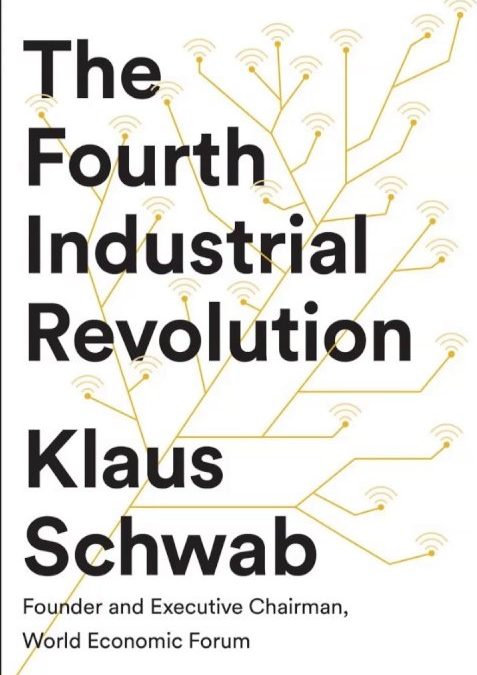
The Emergence of the Fourth Industrial Revolution
The Fourth Industrial Revolution, by Klaus Schwab, introduces readers to the new revolution taking the world by storm. The previous revolutions have brought great changes, but Klaus stresses the impact that digitization will have on history. His intention for the book is to make aware what the fourth industrial revolution is, what it will bring, how it will impact us, and what can be done to harness it for the common good.
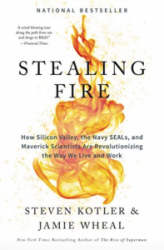
Change Your Brain, Change Your World
Stealing Fire: How Silicon Valley, the Navy SEALs, and Maverick Scientists are Revolutionizing the Way We Live and Work by Steven Kotler and Jamie Wheal is a fantastic read on how changes in brain chemistry can lead to dramatic increases in our abilities to solve complex problems. We are able to change our brain chemistry through a number of activities, be that meditation, thrill-seeking, music, or even psychoactive drug use.
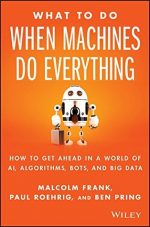
Throw Away the Books and Listen: It’s Time To Get Real about the Digital Era
AI has left the silver screen and is now everywhere. It is in your pocket and on your washing machine. It is in your car and writing the news you read online. AI is constantly displacing old technology and ways of doing things, but will it stop there? No, it will not. I know what you are thinking; Will AI displace me?
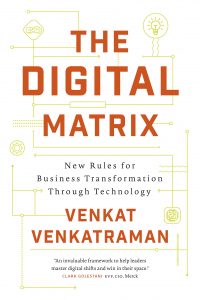
The New Rules of the Business World: The Digital Matrix
Packed with current case studies and practical experience-based advice, The Digital Matrix shows you how to rethink your business model from the outside in, assemble the right team for the journey ahead, and make bold strategic choices along the three phases of digital transformation.

Will Machines Replace Me?
“What To Do When Machines Do Everything” By Malcolm Frank, Paul Roehrig, and Ben Pring discusses the benefits and potential consequences of the digital era. Digital transformation isn’t just coming, it’s already here, and this book outlines the steps that you can do to be prepared for this technological revolution. When technology is everywhere, transformation can come from anywhere. Rather than predicting the future, Frank, Roehrig, and Pring encourage readers to go out and invent it, hand-in-hand with the new machines.
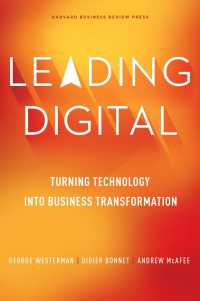
Digital Mastery is the Key to Digital Transformation

A Quick Guide to Coexisting with the Future of Tech
What to do When Machines do Everything by authors Ben Pring, Malcolm Frank, and Paul Roehrig is a book about exactly what its title says. Written in 2017, the authors spent three years prior to publication conversing with the top minds from companies and universities in order to make greater sense of the imminent technological change. To summarize their findings, they offer their personal roadmap to the future with their acronym, AHEAD.

Adapting to the New Digital Era
The concept of digital transformation is rapidly becoming a part of our society and not only changing the way we live and think, but changing the way we do business. On a macro scale, digital transformation describes the changes in society revolving around technology and its everyday uses. Successful and efficient leadership in this new digital era must be one that understands the push towards absolute computerization and adapts their teams’ methods to ensure the vision is still in sight and can be reasonably obtained.

Global Forces of Digital Disruption
No Ordinary Disruption by Richard Dobbs, James Manyika, and Jonathan Woetzel explores four global forces that are “breaking all the trends”. The authors explain how the forces of emerging markets, accelerating technological impact, an aging world population, and globalization will shape our modern economy, providing opportunity for some and great risk for others.

Recent Comments